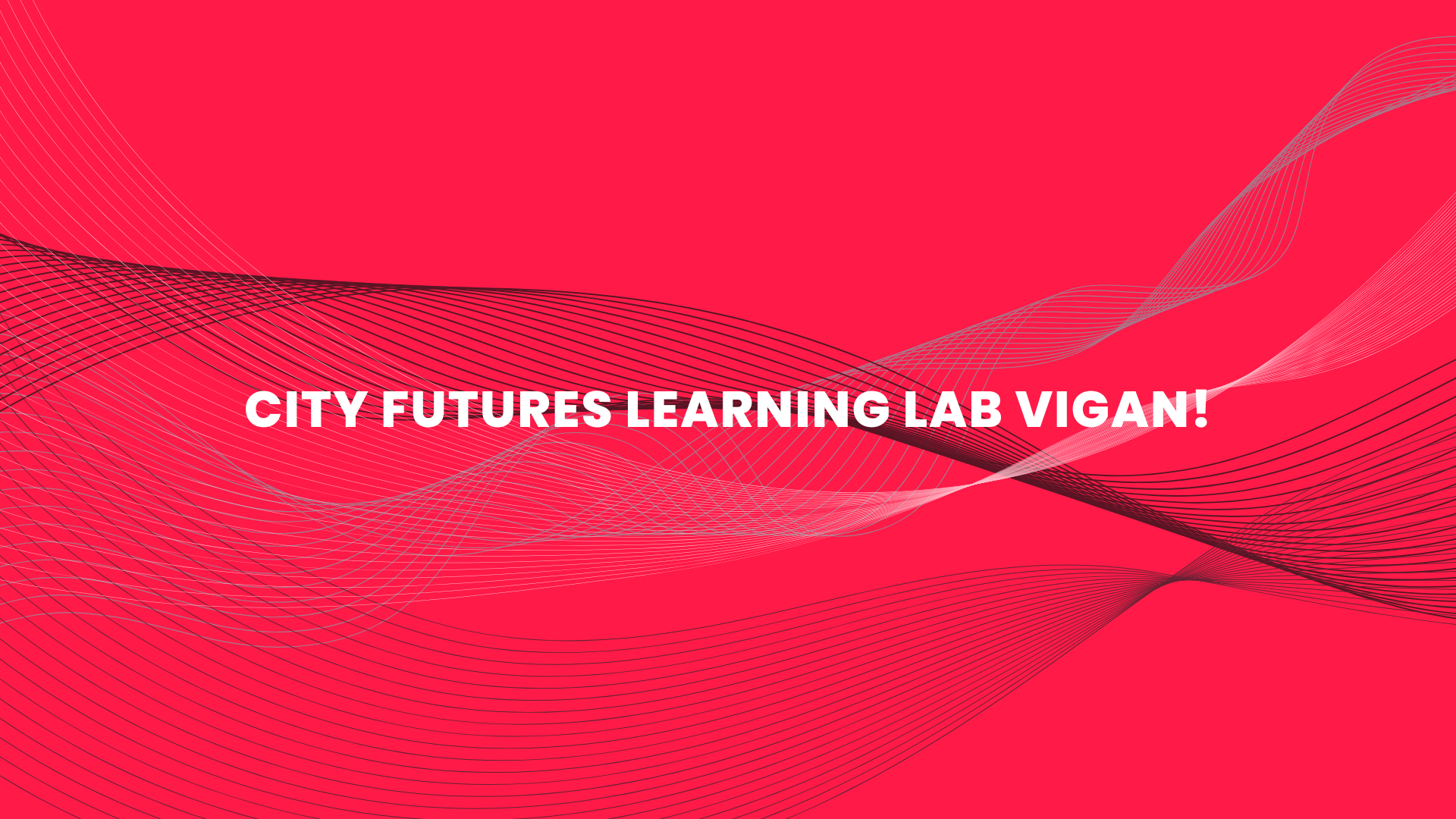
City Futures Learning Lab Vigan!
Many are worried that our concepts of resilience, city planning and urban regeneration are very male oriented and city futures worldviews patriarchal. So what would Philippine cities look like if they were designed by women? Will we have massive towers and bridges or will we have more sites or spaces and priorities that are child friendly, safe for mother and babies and gender sensitive? At a macro level, what would our streets, communities, priorities and neighborhood look like in a women imagined alternative city futures? What might be their preferences? What myth and narratives of resilience, planning and design could surface when the future of our cities are re-imagined and reconstructed by women? What elements of current planning should change? What are the influencers and drivers of a women driven city futures?
The Philippine Center for Foresight Education and Innovation Research (PhilForesight) of Northwestern University in collaboration with the World Futures Studies Federation and the UNSECO Participation Programme, Step Beyond Australia and the Center for Engaged Foresight held a two-day workshop entitled Transforming Philippine Cities: An Integrative Foresight Course for Women City Leaders, hosted by University of the Philippines (UNP) in Vigan City, Ilocos Norte, last June 26-27. 41 participants, mostly women, from local and national government agencies (LGUs, NEDA) as well as CSOs (Civil Service Organizations) and from the Academe attended the course. The futures course is one of the key events of the University of Northern Philippines 50th founding anniversary celebration.
The workshop on integrating strategic foresight and foresight thinking into women city leaders was co-facilitated by Dr. Mei Mei Song of Tamkang University in Taiwan, Janelle Marr, director of Step Beyond based in Australia, Cesar Villanueva of World Futures Studies Federation (WFSF), Shermon Cruz, Director of PhilForesight and Ariana Lutterman of the University of North Carolina.
Facilitators gave lectures and action learning workshops on various futures and strategic foresight tools to explore alternative and preferred Philippine city futures. This futures thinking and strategic foresight capacity building exercise was organized to introduce the emerging field of foresight and futures studies, generate new questions and concepts informed by women perspectives for city futures, public policy, strategic planning and governance. It is one of the five World Futures Studies Federation, a UNESCO and UN consultative partner, locally supported learning labs for the Global South. Futures studies and foresight courses were also held in Mexico, Haiti, Malaysia and Democratic Republic of Congo.
One of the participants exclaimed that “This is my first time to hear about futures studies and I have developed a deeper appreciation of the field and that it is good to know that there is also a different approach to city planning.” Various sectors expounded their commitment to integrate futures thinking into their respective fields, cities and organizations while also looking forward for further partnerships to advance futures literacy and foresight integration in city governance.
Seeding, Seeing and Growing Alternative Gender Driven City Futures
This is what you get when you have 90% percent women participants in a city futures course. You get to have a lot of provocative ideas and fearless future imaginings, seeds and wildcards like: a compassionate food festival (current food fest promotes consumerism and current practice is really unsustainable – wiser to have a values, health, zero and pollution waste, future-generations, water and child friendly food fest and events); zero child labor futures (cities should continue investing on child education – introduce appreciative intelligence and creativities); challenge patriarchal culture, values and patterns (question worldviews that sees women as sexual objects); mainstream the views and voices of the voiceless – elders, the indigenous and the unborn; inclusion, rights and fair treatment should inform Filipino labor futures; increase people’s access to organic products; design a more nurturing and nourishing cities in more green and open spaces – TREES or FOREST as play areas; vibrant neighborhoods (garden neighborhoods as the heart of cities), car-less, civil society oriented, refined, soft and sensitive, more inclusive and more caring sustainable cities as well as telekinetic enabled robotic techs enhancing local creativities and farmers generating renewable wealth (food and water) and more!
Brief report written by Michael Barreiro and Shermon Cruz. Photo credits to Angel Hernando.






